In an era before written contracts and formal guarantees, honesty and trust formed the foundation of business dealings in Saudi Arabia. This true story, shared by my father, offers a powerful reminder of how character and integrity shaped relationships across generations.
It was around the year 1370 AH (1950 AD). We were camel herders roaming the desert, and during one journey, our provisions began to run low as we neared the city of Unaizah.
We were a group of herders, but none of us had a single riyal. We had nothing to barter—no ghee or dried yogurt to exchange for dates. It was agreed that I would go alone to Unaizah to seek out a merchant who might lend us supplies until we could repay him.
I entered the market, scanning the faces of shop owners, looking for a trader who seemed kind or flexible in this time of scarcity.
One particular man caught my attention. His face radiated warmth and leniency. I greeted him and explained my situation and that of my companions.
The merchant replied, “Had you been alone, I would have given you what you needed. But you are a group, and you need at least 40 riyals. That would harm my business. And besides, I do not know you.”
I was at a loss for words. His reasoning was sound. As a Bedouin constantly wandering the desert, I had no certainty of when—or if—I would ever return to repay him. At that moment, inspiration struck me. I remembered the belt of bullets I was wearing.
I said to him, “Take this belt. It holds ten full magazines, worth 40 riyals. They are yours; sell them if I do not return within a month.”
The merchant’s demeanor softened. He agreed. “Take 40 riyals’ worth of dates, and our agreement is set. If you return, we settle the debt; if not, I will sell the belt to recover my money.”
I took the dates and returned to my companions. The desert swallowed us again. The month passed, and I thought to myself: The man has taken what was rightfully his. I am at peace with it.
Life took me through many twists and turns. I left the Bedouin life behind and became a driver for Aramco. Eventually, I began transporting newly imported cars from the port to dealerships.
Nearly 20 Years Later…
One day, I was delivering a batch of cars to the Al-Mushaikh dealership in Qassim. Back then, cars needed “cooling down,” which meant stopping for a while and lifting the hood to let the engine cool. We pulled over near Unaizah, and I wandered into a nearby orchard to stretch my legs.
Unaizah had changed beyond recognition. One could only imagine what the oil boom had done to Saudi cities.
As I strolled, the orchard’s owner approached and greeted me. I returned the greeting and explained that we were drivers resting while our cars cooled.
He then insisted, “Tell your companions not to cook lunch. You will all have your meal here in my orchard.”
I hesitated, but he was persistent.
As we walked together, a long-buried memory resurfaced—the story of the bullet belt and the merchant.
I said, “Uncle, I haven’t been to Unaizah in 20 years, but I have a story here…” and I recounted the tale.
The old man asked, “Do you remember what the merchant looked like?”
“No,” I replied.
“Any distinguishing feature?”
I thought for a moment.
“Yes—there was a palm tree beside his shop.”
The old man smiled. “Then you have arrived. God has brought you back. I have been waiting for you. I even wrote about you in my will. I sold the bullet belt for 50 riyals—its true value. I set aside the extra 10 riyals and invested them in my trade. They have grown into something substantial for you.”
Then he took me by the hand and led me to a large clearing within the orchard, filled with sheep.
“These sheep are all yours, my son—from those 10 riyals, 20 years ago.”
A tremor of awe ran through me at his honesty.
I protested, “I cannot accept this.”
He insisted.
“By God, I will not let you leave empty-handed.”
After much discussion, I suggested, “Let us divide them between us—that way, you’ll be satisfied, and I will be as well.”
He agreed, relieved.
“Your return has lifted a long-standing burden from my heart.”
This is an astonishing tale—one of a merchant’s integrity and a Bedouin’s faith.
It is more than a story. It is a living testament to the values that once defined life in the Arabian Peninsula. It reads like a parable—an allegory, a lesson even—but it is true.
In a time before signatures and seals, a simple word and a gesture of trust were enough. The merchant, though decades had passed, honored his promise. The Bedouin, though he had let go of the debt in his heart, was rewarded with far more than he had left behind.
A bullet belt exchanged for dates.
A life changed by honesty.

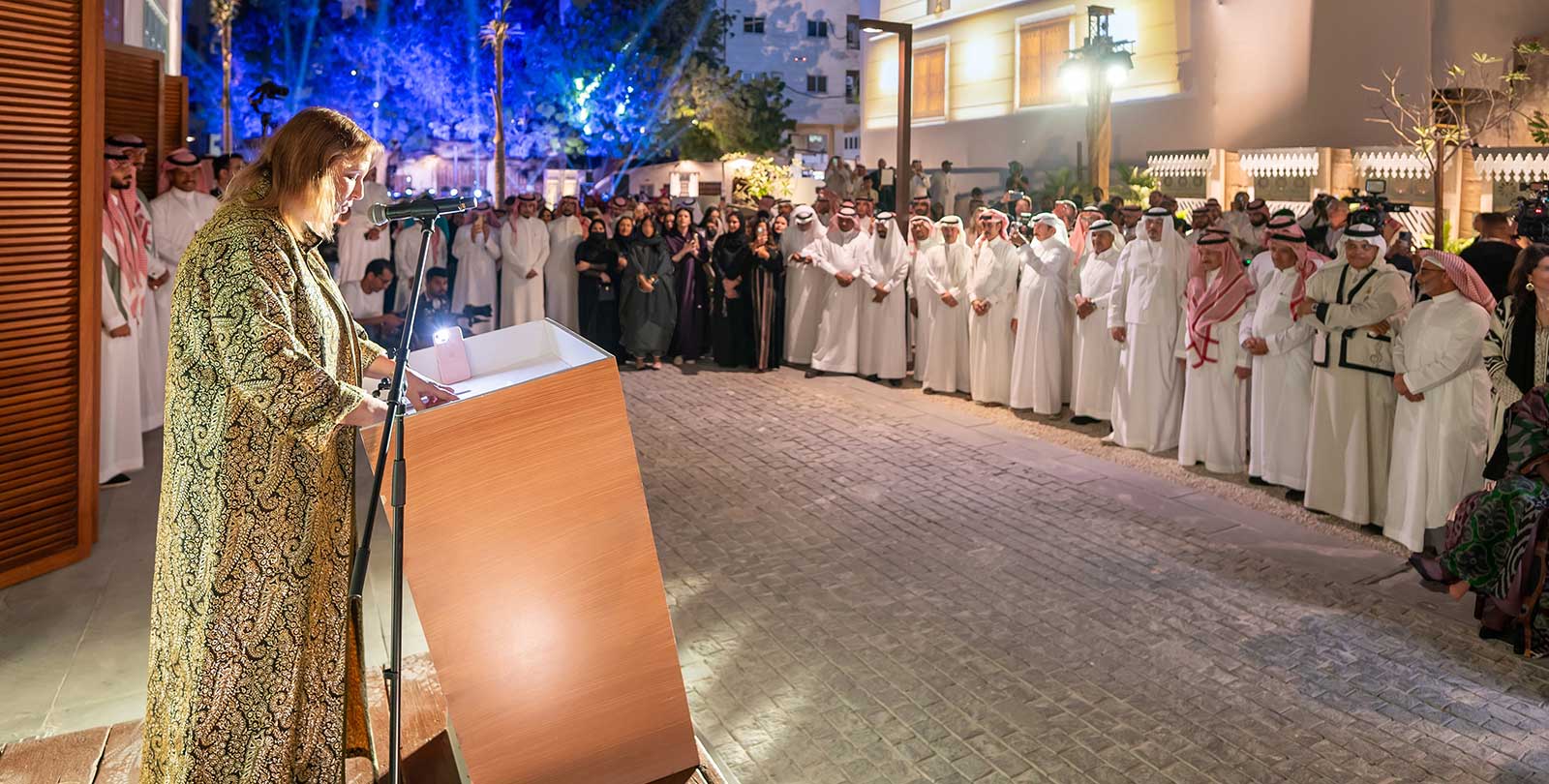
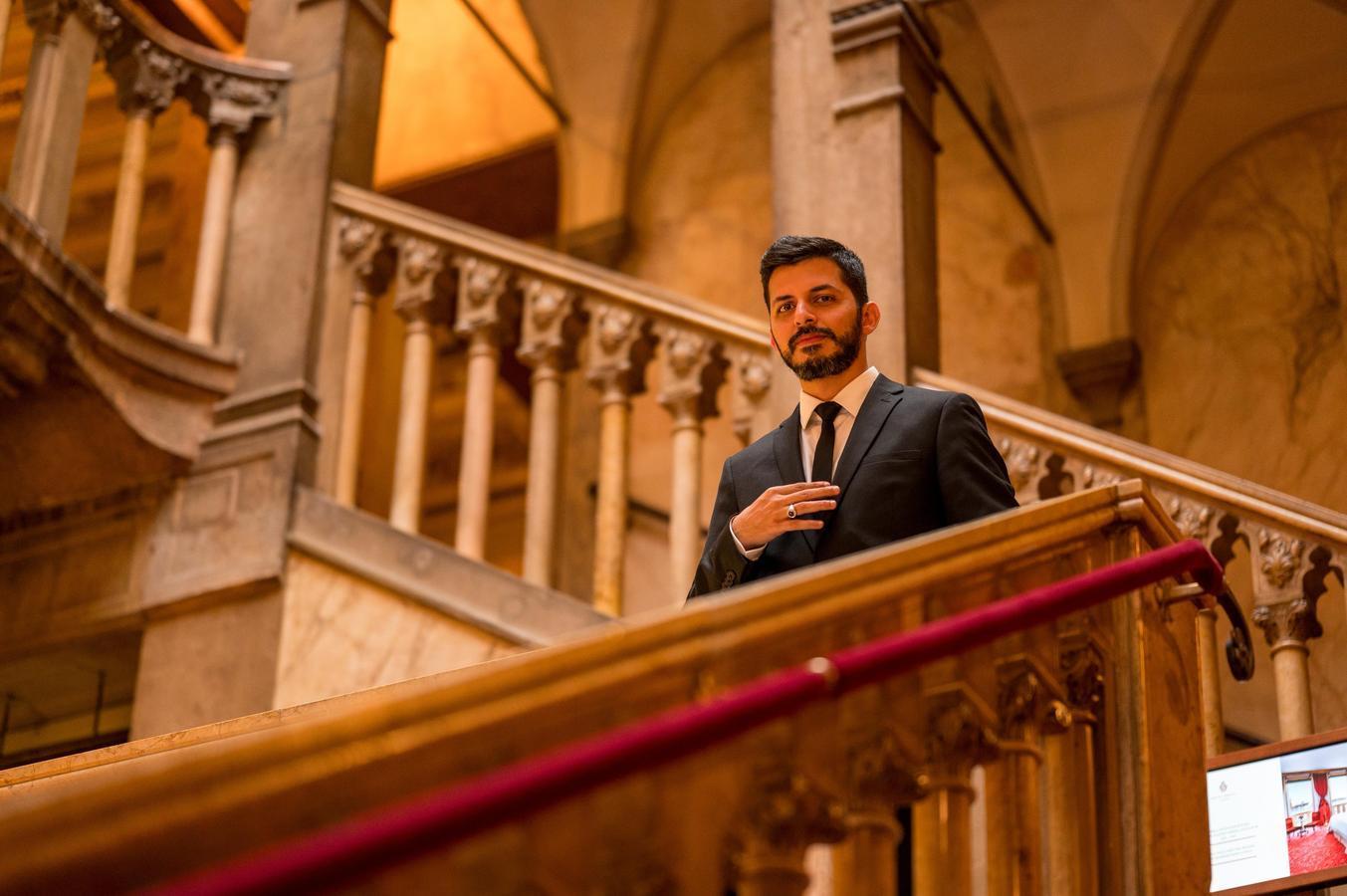


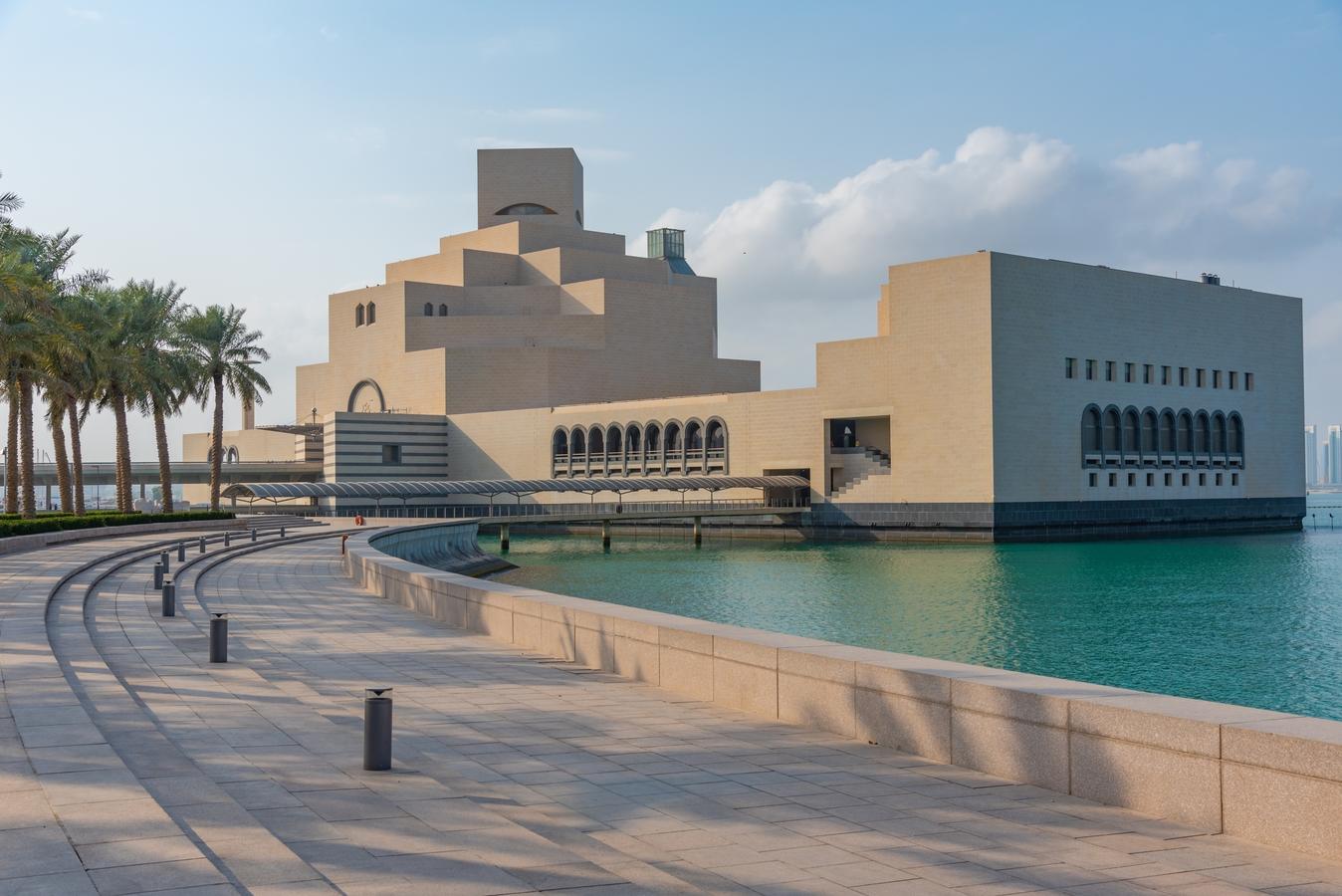
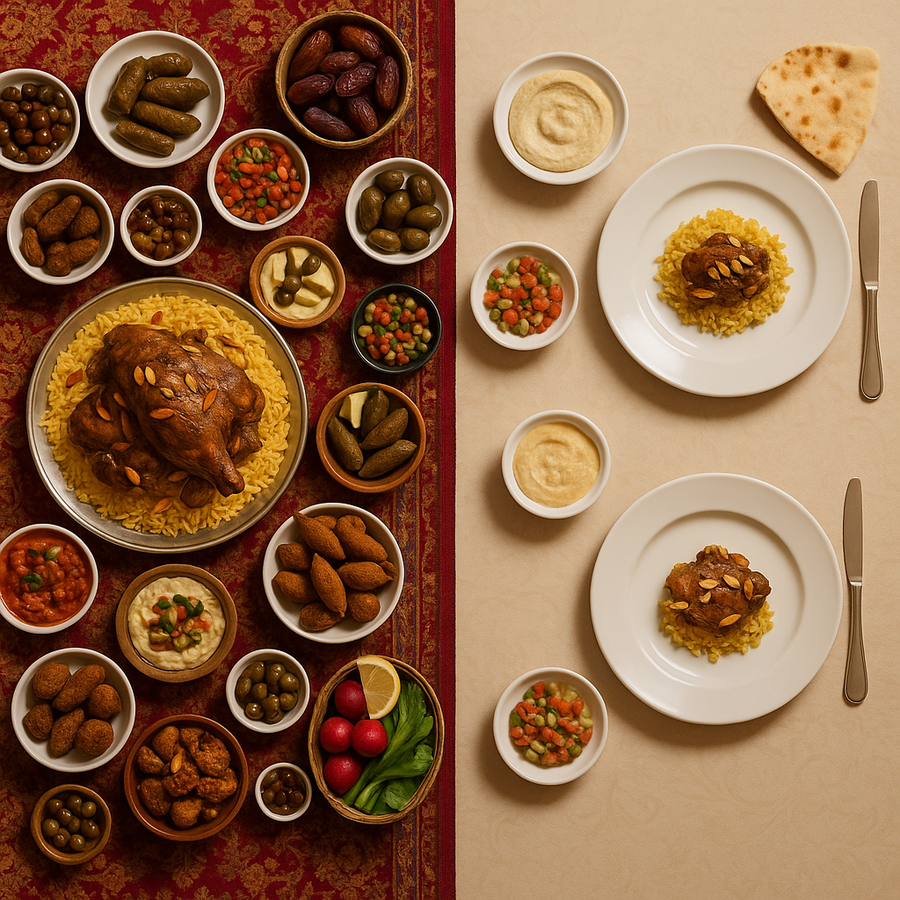
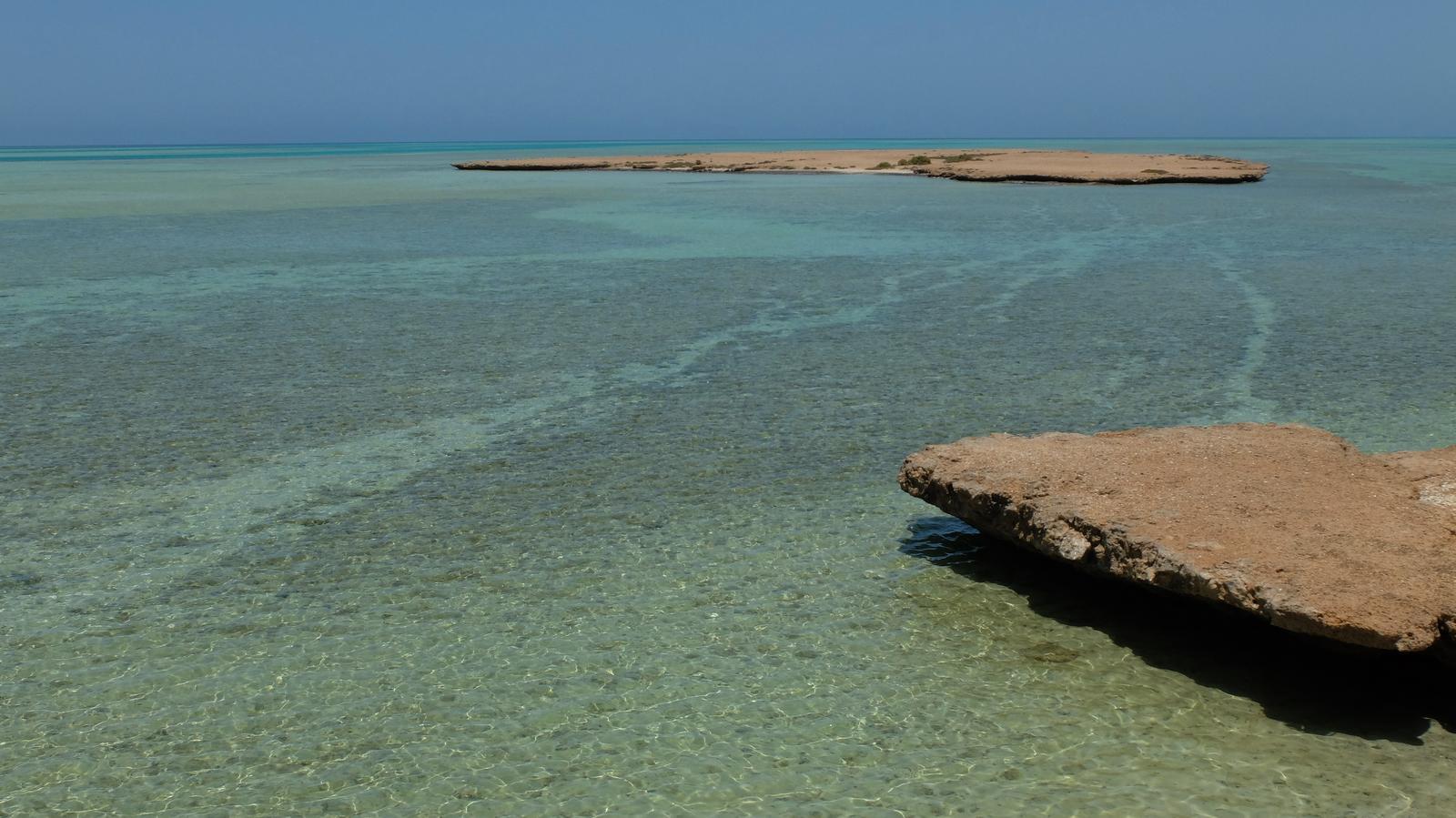
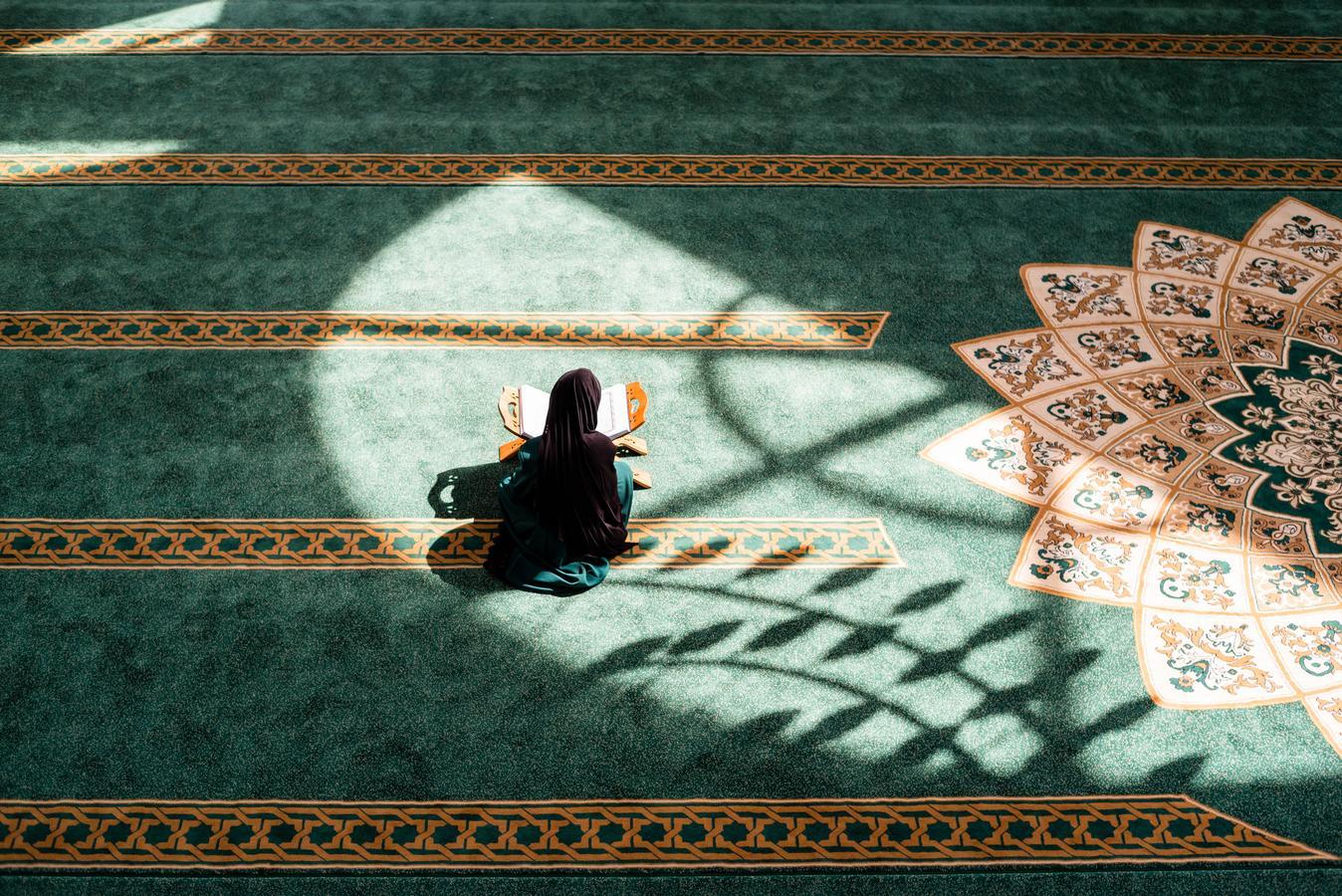
0 Comments
No comments yet. Be the first to comment!